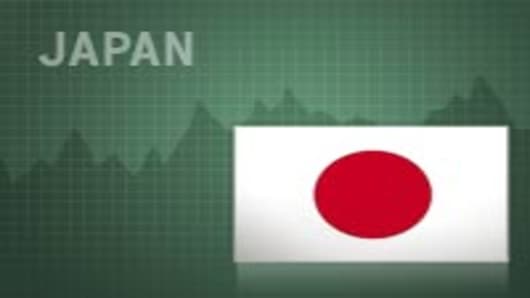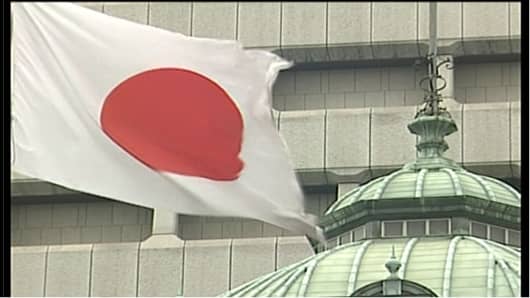Exports to the United States in March fell 11.0 percent from a year earlier, marking the first double-digit fall since November 2003, while exports to Asia and China increased by the smallest percentages logged since mid-2005.
Shipments of automobiles and automobile parts to the United States tumbled 11.1 percent and 19.8 percent, respectively. The 1.9 percent growth in exports to Asia marked a steep fall
from the 13.8 percent growth logged in February.
Still, some economists said the slowdown in the U.S. economy has yet to have a major impact on the global economy. They point to solid domestic demand in Asia and Europe.
"Shipments of semiconductors and other electronic devices (to China) peaked in December last year, while those of steel and automobiles remain firm. This suggests a mild decoupling of the
U.S. and Asian economies," said Takehiro Sato, economist at Morgan Stanley.
Overall, Japan's trade surplus fell 30.2 percent in March from a year earlier to 1.119 trillion yen ($10.9 billion), the Ministry of Finance data showed.
That compared with economists' median forecast for a 12.6 percent fall in the surplus to 1.4 trillion yen.
Japan's economy -- the world's second biggest -- began expanding early in 2002 and has since been in its longest postwar growth cycle thanks to exports and corporate activity.
But the government has said the economic recovery appeared to be pausing recently with rising raw material costs hurting corporate bottom lines.



